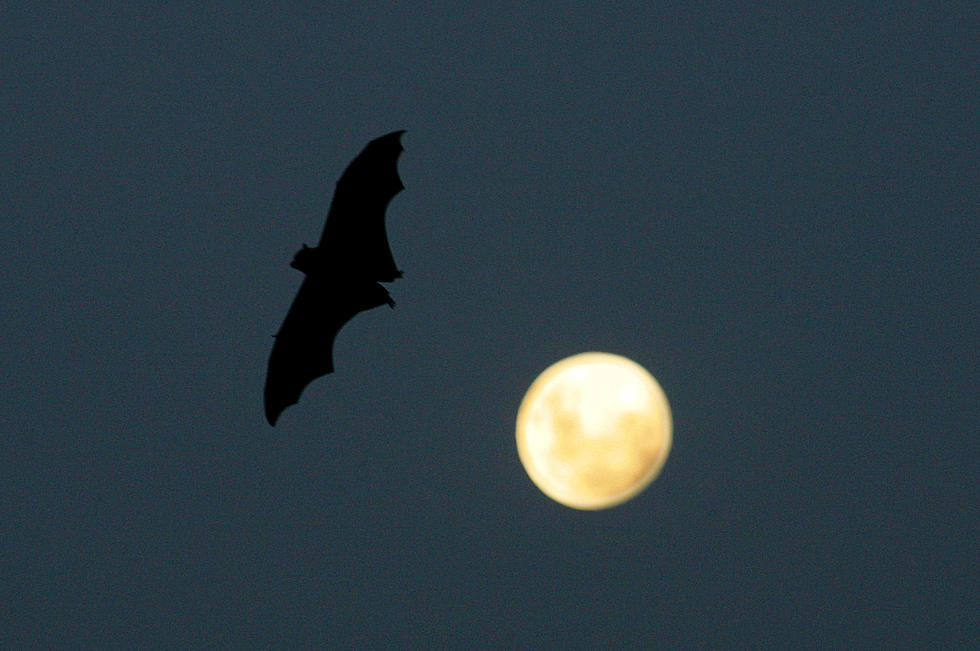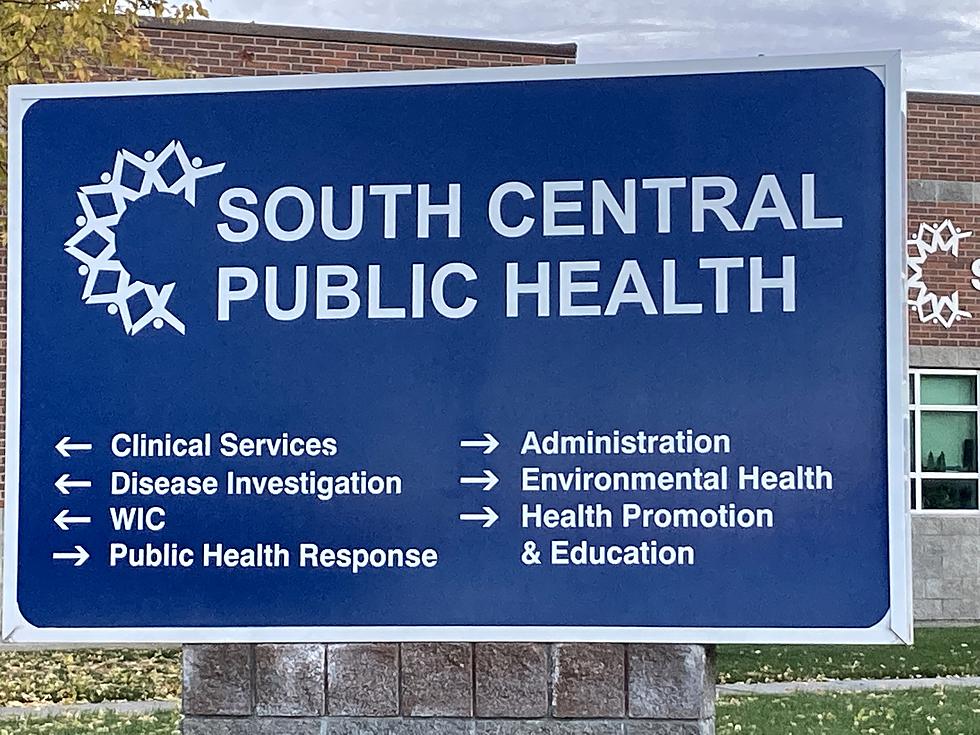
Rabid Bat Found in Twin Falls, One Person Being Treated
TWIN FALLS, Idaho (KLIX)-One person is being treated for rabies after being bitten by a captured bat in downtown Twin Falls Tuesday.
According to the South Central Public Health District, the treatment to the person in preventative and is urging residents to be careful and avoid any contact with bats because of the potentially deadly viral illness.
This is the first case of a rabid bat for south-central Idaho, according to the Health District. “If you handled a bat in the downtown Twin Falls area in the last week, it is important that you contact your primary care provider immediately,” said Tanis Maxwell, SCPHD Epidemiology Program Manager in a prepared statement. “Bat bites are extremely small and hard to see, so if there is any chance you were bitten it’s important to contact your health care provider right away and, if able, bring the dead bat to the Health District for testing.”
The Health District says most bats are harmless, but they are the only animal in the state that naturally carry the virus. Health officials say if rabies is not addressed before symptoms start it could result in the death of a person. Officials say it is best for people and pets to stay away from infected bats.
SCPHD offered these tips to help protect against rabies:
- Do not touch a bat with your bare hands. Be very suspicious of any bat active during daylight hours.
- If a bat attacks you seek medical attention immediately, save the bat in a container without touching it, and contact your district health department to arrange for rabies testing.
- Always vaccinate your pets, including horses. Pets may encounter bats outdoors or in the home.
- Bat-proof your home or cabin by plugging all holes in the siding and maintain tight-fitting screens on windows. Bats can enter through holes the size of a quarter. Typically bat-proofing is best after most bats have migrated away in the fall.
The Health District says if a bat is caught and needs to be tested for rabies people can call (208) 737-5904 or (208) 737-5971 to speak to a health professional. Health officials say people should only capture a bat if they can do it without direct contact with the animal.
More From News Radio 1310 KLIX









